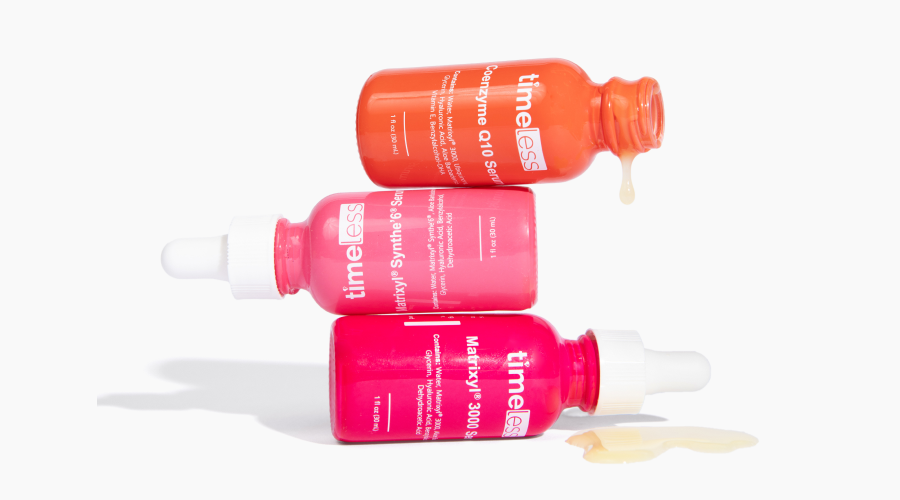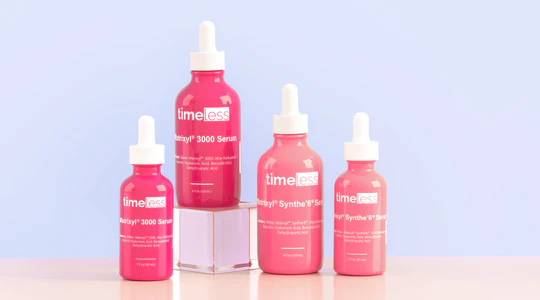Hyaluronic acid is a substance that’s used in both cosmetics and medicine. It’s naturally present in the human body and is found primarily in joint and eye fluids. It has a remarkable ability to replenish moisture in the body, which leads to plumper, more radiant skin. Unfortunately, as the body ages, its production of hyaluronic acid begins to decline. As a result, the skin begins to sag, dry out, and lose its firmness. Applying a skincare product with hyaluronic acid can restore radiance and pliability.
How Does Hyaluronic Acid Provide Moisture?
The term "acid" usually makes people think of drying something out, but hyaluronic acid does just the opposite. The acid is a humectant. Humectants grab moisture and hold it to your skin until it's absorbed. The hyaluronic acid molecule holds 1,000 times its weight in moisture but is too big to penetrate the epidermis. Instead, the product sets on the surface of the skin and holds moisture in place.
Is Hyaluronic Acid Good for Oily Skin?
Some people have the misconception that serums shouldn’t be applied to oily skin. However, this couldn’t be further from the truth. If you’ve ever wondered “is hyaluronic acid good for oily skin?” the answer is yes! In fact, regularly moisturizing is one of the keys to combating oily skin. Sound counterintuitive? Here’s how it works.
Over-washing your skin and drying it out in an effort to combat oil can actually stimulate the skin to produce even more oil! It also strips your skin of nourishment and can lead to premature aging. Hydrating the skin with hyaluronic acid for oily skin helps your skin maintain proper levels of water and natural oils to prevent an overproduction of oil. No wonder this powerful ingredient is so popular in quality skincare products!
Can I Use Hyaluronic Acid if I Have Acne?
Yes, you can. In fact, many people recommend using hyaluronic acid serum for acne. Although it doesn't fight the problem directly, it does work well when used in combination with another acne-fighting product. Most acne products use ingredients that cause the skin to become very dry, but hyaluronic acid can increase moisture without clogging pores that may result in blemishes.
What Are Other Benefits of Hyaluronic Acid?
In addition to working on acne and acting as an anti-aging treatment, hyaluronic acid boosts the skin's overall health. It improves your skin's protective barriers and makes it less susceptible to damage Some dermatologists suggest it for people who have eczema or who receive harsh treatments such as chemical peels. Finally, it has antioxidants that protect your skin from the free radicals associated with ultraviolet rays and air pollution.
How Do I Use Hyaluronic Acid Serum?
Start with a product that is at least 1 percent concentration of HA and use just a couple of drops. In the morning and/or evening, apply it before or after your treatment serums for better absorption of ingredients into the skin. .
Perfect Your Skincare Routine
If hyaluronic acid serum isn’t already part of your skincare routine, it’s time to make a change! A hydrating serum can nourish and rejuvenate your skin when applied daily. Pick up your bottle today!














